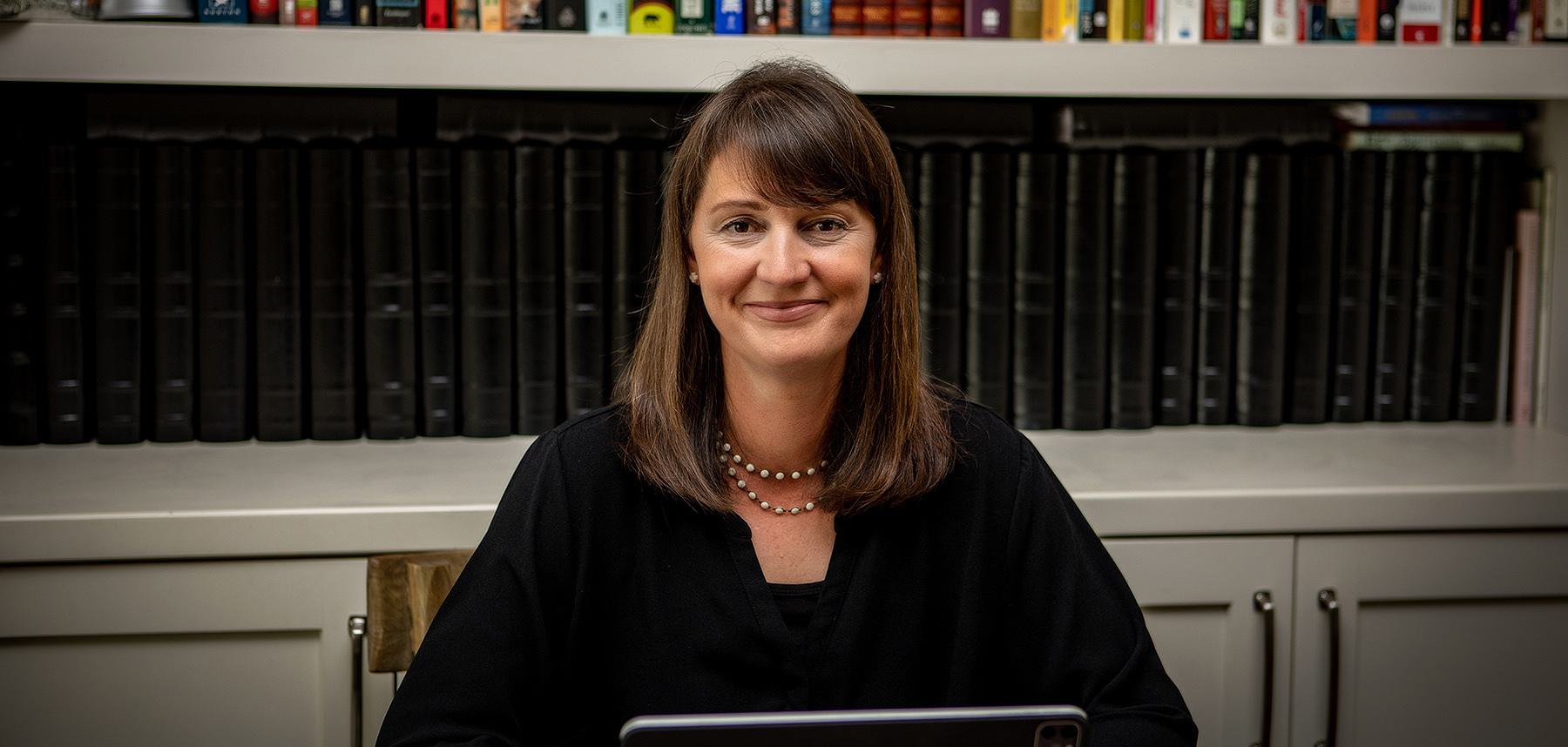There is no such thing as a "culture war." That’s not to say that we’re not in a surface war with each other in our society, only that the specific term “culture war” is used by opportunists on both sides of the aisle to silence advocates for change.
Secularists use the term derisively in an effort to minimize the vast cultural changes and societal shifts to the left that they daily demand. Some Christians use the term “culture war” to illustrate their belief that the cultural changes we’re experiencing are minimally monumental. Further, some pastors and their followers have developed a disdain for warfare, promoting political pacifism and declaring all cultural disagreements to be unnecessarily divisive. The only fight some want to engage in is an internal conflict aimed at individual piety, although others completely abandon the view that conflict is even necessary in their morally relativistic stupor.
Conversely, I believe we are called to fight against our own sin and also do battle against the world with words and logical arguments using Biblical wisdom with the Christian worldview as our guide.
Political wars are wars of ideas and wars of words. Words matter, but they’re usually a tool or a symptom of the problem rather than the root of it. Despite the repeated declarations of those who want to declare that any believer who dares participate in politics (beyond silently voting) is a Christian nationalist, being a part of the political process is necessary.
Notice I didn’t say that it is a necessary evil. Notice I didn’t say that the only reason believers should be political is to intentionally legislate their specific brand of beliefs on unwitting underlings. Notice I didn’t say that believers should be part of the political process to shut those who are members of other faiths or aren’t believers out of it. It’s none of those reasons at all.
It is necessary for Christians to be a part of the political process because it is necessary for Christians to be faithful in all areas of their lives and reject the secular compartmentalization that the world (and increasingly, churches) demands.
Of course, politics can become an idol. So can work. So can marriage. So can children. I don’t see many churches or pastors demanding that their congregants reject or restrict their daily participation in any of those in order to maintain their membership in good standing.
Are Christians not called to bear witness to God’s sovereignty? Are we not instructed to put on the whole armor of God in our daily walk? In a culture that is increasingly hostile toward people of faith, more powerful witnesses are needed - not fewer. The intentional suppression and denigration of the Judeo-Christian worldview is a clear goal of both secular progressives and global humanists alike. The church plays directly into their hand when pastors deem an entire segment of society as off-limits for the impactful influence of their followers.
As believers, we are given the ability to speak even more freely, as our lives are safely in the hands of our Creator. Containing that witness within the confines of Sunday mornings or within the walls of the church isn’t at all what we are called to do. Confining our understanding of the world and intentionally limiting our ability to influence it on God’s behalf is a misuse of the gift we’ve been given. Pastors who demand their parishioners quiet their political opinions in order to save unity are completely missing the point of what the church is supposed to be unified about.
Unity in the truth is the only unity worth fighting for. Otherwise, we’re just participating in the exact same tribalism that the secular world advocates for daily through their faithful adherence to intersectionality and their overused mantra of mandated diversity for its own sake.
Conversely, justice is a gospel issue. Life is a gospel issue. Stewardship is a gospel issue. Order is a gospel issue. Truth is a gospel issue. Advocating for Biblical justice rather than social justice, and developing and promoting respect for life due to sincere love and admiration for the Creator are matters of faith. Financial responsibility and the rejection of forced wealth redistribution coupled with an expectation of personal mercy and generosity are Biblical expectations for each of us. Advocating for the truth is a high calling as we come to understand that He is truth.
Should the church be involved in politics? I guess that’s debatable, depending upon your definition of “the church.” Do you remember the preschool song, “Here’s the church, here’s the steeple. Open the door and see all the people?” I do. The church IS the people. Should believers be involved in politics? Absolutely. Staying silent regarding gospel issues in society is an intentional suppression of the Biblical worldview. The fact that power-hungry politicians are advocating for that suppression is to be expected; the fact that pastors are advocating for it is unconscionable.
When political priorities defy Biblical principles, speak up. When politicians spread lies to get elected in an attempt to increase their political power, correct the record. When good people allow falsehoods to stand, falsehoods are widely believed. When good people stay silent and let evil fester in order to preserve false unity, evil wins.
Act accordingly. Vote accordingly.
Stephanie Holden Smith is an experienced policy analyst, political commentator, and public speaker. Smith has worked and volunteered in Governmental Affairs in Alabama since 1997, including lobbying for a Fortune 500 company and serving as Deputy Director of Finance for the State of Alabama. She is currently the principal of Thatcher Coalition LLC. To contact Stephanie, please go to http://thatchercoalition.com. The views and opinions expressed here are those of the author and do not necessarily reflect the policy or position of 1819 News. To comment, please send an email with your name and contact information Commentary@1819News.com.










